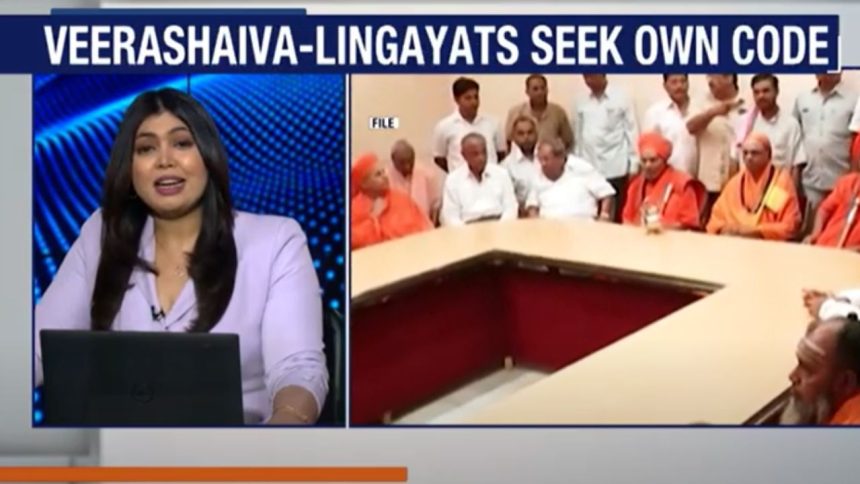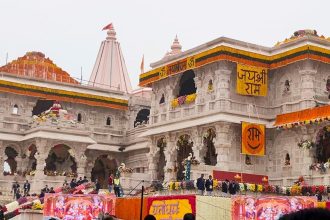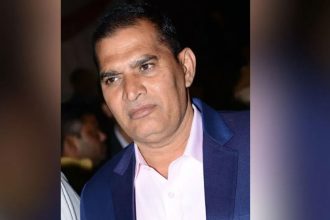New Delhi: The 2026 Indian national census is looming, and with it, a renewed push for recognition from a significant community in Karnataka: the Veerashaiva-Lingayats. This community is preparing to petition the central government to officially designate them as a separate religion. The Akhila Bharata Veerashaiva Mahasabha, a leading organisation representing the community, is spearheading this effort. This isn’t a new demand. The Mahasabha claims to have made similar requests during previous censuses, dating back to even before India’s independence. They point to a 1940 Kumbakonam conference under British rule as evidence of this long-standing aim.
The timing of this renewed push is significant. The recent announcement of a caste survey by the BJP government in Karnataka has heightened sensitivities around identity politics in the state. This move by the Veerashaiva-Lingayat community could significantly impact the political landscape, particularly in Karnataka where this community constitutes a substantial portion of the population.
However, the internal cohesion of the community is questionable. While the Akhila Bharata Veerashaiva Mahasabha advocates for the designation “Veerashaiva-Lingayat”, another prominent organisation, the Jagatika Lingayat Mahasabha, prefers simply “Lingayat”. This internal disagreement could weaken their collective lobbying power. Currently, India’s census recognises Hinduism, Islam, Christianity, Sikhism, Jainism, and Buddhism, with a catch-all “Others” category. The Veerashaiva-Lingayats have historically been included within the “Others” category.
-r6uSUuH3XQ The upcoming census, therefore, represents a crucial opportunity to achieve the long-sought recognition as a distinct religious group. The success or failure of their petition will significantly affect the community’s social and political standing in India and highlight the ongoing complexities of religious and caste-based identity politics in a diverse nation.










